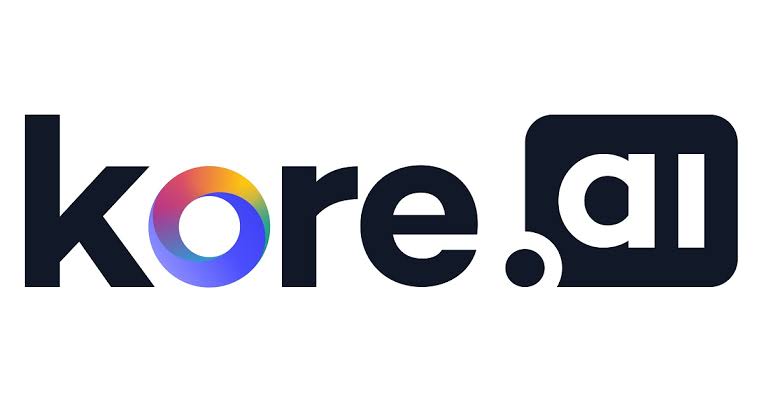In today’s fast-paced digital environment, businesses are employing chatbots to make customer service better and offer help 24/7. Choosing the proper chatbot platform may help users, save money, and make it easier to obtain help. This detailed guide lists the ten top chatbot platforms for customer support based on their features, stability, ease of use, and ability to work with other systems. Small and large enterprises can employ great chatbot platforms. These systems feature clever tools that can swiftly answer enquiries, interpret natural language, and make it easy to connect to popular apps like Slack, WhatsApp, and Facebook Messenger.
There are a lot of tools on this list that can aid many different types of organisations and sectors. It has AI-powered chatbots that deliver customised answers and rule-based bots that talk to people by following scripts. There is proof that each tool makes customers happier and speeds up the process. It has a number of fantastic features, such as being able to manage tickets automatically, present data in real time, and support many languages. It is also flexible enough to evolve as client demands change. If you want to stay ahead in customer care, make sure your firm has the correct chatbot technology. Find out which platforms made it into the top ten and how their best features might help you keep customers and deliver better service.
The Top Ten Best Chatbot Platforms For Customer Support
10. Tidio

Tidio is a powerful all-in-one customer service solution that blends live chat with AI-driven chatbots. It is particularly suitable for small to medium-sized businesses looking to streamline their customer support process without complicated setup. The platform features an intuitive visual builder that allows users to design conversation flows without any coding experience. One of its strongest advantages is the ability to automate answers to frequently asked questions while giving live agents the flexibility to jump in when needed.
Tidio integrates seamlessly with major platforms such as Shopify, WordPress, and Wix, making it easy to deploy on e-commerce websites and service-based sites. It also supports communication across email, Facebook Messenger, and Instagram, allowing businesses to manage multiple channels from a single dashboard. The AI chatbot assistant called Lyro can handle complex queries, learning over time to deliver more accurate responses. With multilingual support and real-time visitor tracking, Tidio helps businesses connect with global audiences and respond proactively.
This platform is scalable and budget-friendly, offering a free tier with core features and affordable plans for growing businesses. With its focus on automation, accessibility, and performance analytics, Tidio is an excellent starting point for companies aiming to enhance their customer engagement.
9. Gorgias

Gorgias is a customer service platform tailored specifically for ecommerce brands, helping businesses deliver faster, more personalized support. Built to integrate deeply with platforms like Shopify, Magento, and BigCommerce, Gorgias allows support teams to access order details and customer data directly within conversations. This significantly reduces resolution time and enhances customer satisfaction by eliminating the need to switch between systems.
Unlike basic chatbot tools, Gorgias uses a blend of automation and human support. Its smart automation features allow businesses to set up rules that trigger responses based on keywords, customer intent, or order status. For example, if a customer asks about shipping delays, the bot can automatically provide real-time tracking updates. Gorgias also supports integration with email, live chat, Instagram, Facebook, and SMS, enabling businesses to provide omnichannel support in one place.
The platform also includes sentiment detection, which allows agents to prioritize conversations that require immediate attention. Its rich analytics and customizable reports help managers track agent performance and customer behavior, making it easier to improve service strategies. For online stores looking to increase customer loyalty and reduce workload on support agents, Gorgias offers a robust and ecommerce-focused chatbot solution.
8. ManyChat

ManyChat is a user-friendly chatbot platform that focuses on automating customer interactions across social media channels. It stands out for its visual flow builder, which allows businesses to create automated conversation sequences without needing coding skills. Designed especially for marketers and customer support teams, ManyChat is widely used on platforms like Facebook Messenger, Instagram, WhatsApp, and SMS.
One of the main strengths of ManyChat is its ability to capture leads and nurture customer relationships using interactive, engaging conversations. Businesses can use it to schedule appointments, answer product questions, or even direct users to their websites or sales pages. ManyChat also supports broadcasting messages to subscribers, making it a valuable tool for promotional campaigns and customer retention.
The platform offers seamless integration with third-party tools such as Google Sheets, Mailchimp, Shopify, and Zapier, making it easy to sync data across platforms. It provides detailed analytics that help users understand the performance of their bots, allowing for better optimization over time. With its free tier and scalable pricing, ManyChat is especially ideal for small businesses and startups that want to enhance their social media customer support and increase engagement without investing in complex systems.
7. Ada
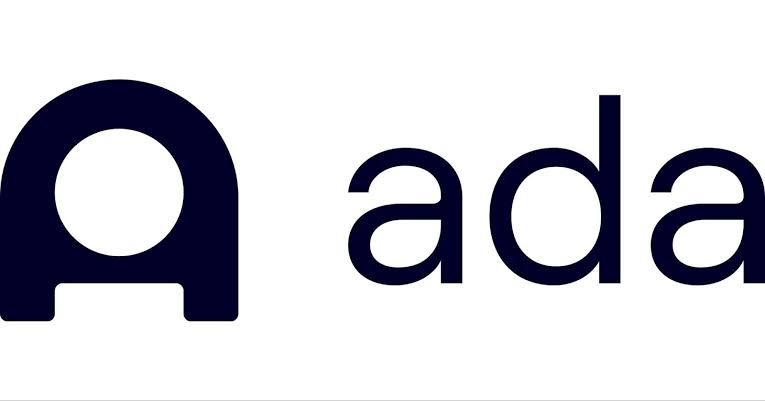
Ada is a leading customer support automation platform designed for businesses seeking intelligent, scalable, and multilingual service. With a focus on AI-powered conversation management, Ada empowers companies to reduce support ticket volume and increase efficiency through self-service options. It uses natural language understanding to provide contextually accurate answers, allowing it to handle a wide range of customer inquiries across web chat, mobile apps, and messaging platforms like WhatsApp and Facebook Messenger.
Ada’s chatbot is not only customizable but also able to integrate with tools such as Zendesk, Salesforce, and Shopify, offering seamless access to customer data and product information. This ensures that conversations are not only faster but also more relevant to the user’s needs. The platform supports over 50 languages, making it an excellent choice for global organizations aiming to deliver consistent support regardless of location.
Ada also emphasizes proactive customer service by initiating conversations based on user behavior. With enterprise-grade security and compliance with global standards like GDPR and HIPAA, it caters to industries with sensitive data requirements. Businesses using Ada often report significant reductions in response times and a noticeable boost in customer satisfaction, making it a reliable solution for modern digital support environments.
6. Yellow.ai
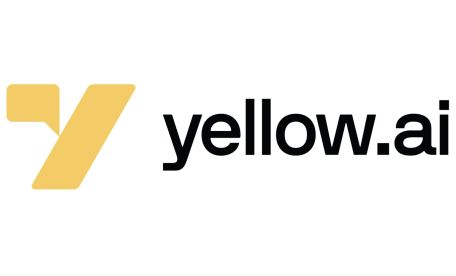
Yellow.ai is an enterprise-level chatbot platform that combines dynamic AI capabilities with support for both voice and chat-based interactions. Designed for businesses operating on a global scale, Yellow.ai provides automation across more than 35 channels, including websites, mobile apps, email, call centers, and messaging platforms like Slack, Telegram, and WeChat. Its conversational AI is built to adapt in real-time, offering a human-like experience that goes beyond basic scripted replies.
One of Yellow.ai’s standout features is its ability to deliver hyper-personalized customer support using data-driven intent recognition. It also supports over 135 languages, which makes it ideal for multinational organizations serving diverse audiences. The platform includes a low-code development environment that enables faster bot deployment without needing a deep technical background.
Yellow.ai integrates well with CRM tools like Microsoft Dynamics, Salesforce, and HubSpot, as well as service desk software like Freshdesk and ServiceNow. Its AI engine continually improves responses based on user interactions, ensuring the chatbot evolves with customer expectations. The platform is also known for robust analytics, security compliance, and scalable automation, all of which contribute to higher customer engagement and reduced support costs. Yellow.ai is especially useful for sectors such as banking, healthcare, retail, and logistics.
5. LivePerson
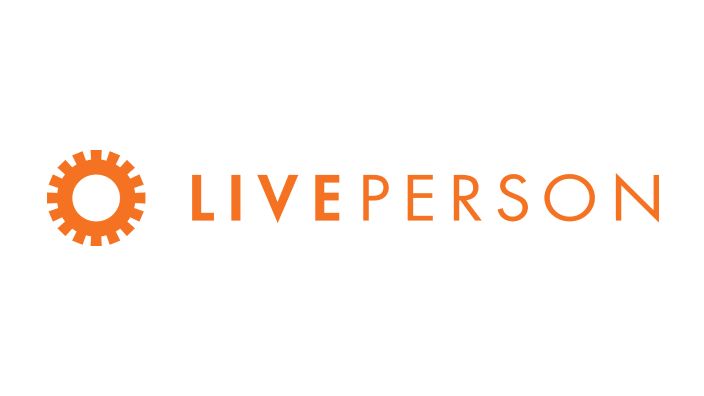
LivePerson is a conversational AI platform built to help businesses automate messaging and voice communication at scale. It offers intelligent customer support tools that blend automation with live agent assistance, ensuring both efficiency and personalization. LivePerson supports a wide range of messaging platforms, including SMS, Apple Messages, WhatsApp, and Facebook Messenger, and it can also be integrated with websites and mobile apps for unified service delivery.
One of the core strengths of LivePerson is its advanced natural language understanding (NLU) and intent recognition engine. It can identify the purpose behind customer messages and route conversations appropriately—either resolving them automatically or escalating them to human agents when needed. The platform also includes sentiment analysis, allowing businesses to prioritize cases where customers express frustration or urgency.
LivePerson works well with customer relationship management systems like Salesforce and integrates easily with helpdesk software to provide a complete view of customer interactions. It offers powerful analytics that track engagement metrics, agent performance, and customer satisfaction in real time. With a focus on enterprise security and scalability, LivePerson is best suited for large businesses that need to manage high volumes of customer communication across multiple channels while maintaining personalized service.
4. Kore.ai
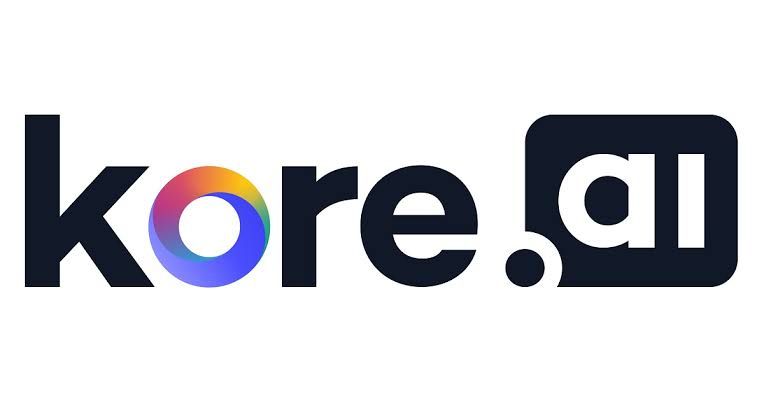
Kore.ai is a highly sophisticated chatbot platform designed for enterprise-level businesses that require intelligent virtual assistants across web, mobile, and voice channels. It provides a no-code interface, which allows teams to build and deploy AI-powered chatbots without extensive technical skills. Kore.ai stands out for its conversational design capabilities, including support for over 100 languages and deep integration options with tools like Microsoft Teams, Salesforce, Oracle, and SAP.
Its smart automation engine uses natural language processing and machine learning to understand customer intent, enabling more accurate and human-like responses. This makes it ideal for handling both simple and complex queries. The platform also includes industry-specific templates for sectors such as finance, healthcare, insurance, and retail, helping companies launch solutions quickly and efficiently.
Kore.ai offers features like conversation orchestration, emotion recognition, proactive engagement, and comprehensive reporting dashboards. These tools empower businesses to reduce customer service costs, improve resolution times, and enhance the overall user experience. The platform is also compliant with global data privacy regulations, including GDPR and HIPAA, which is essential for industries managing sensitive information. Kore.ai provides the flexibility and intelligence needed to deliver consistent and scalable customer support across large, distributed organizations.
3. IBM watsonx Assistant
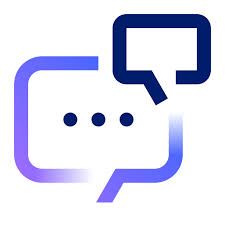
IBM watsonx Assistant is a robust enterprise chatbot solution powered by IBM’s advanced artificial intelligence. Designed for businesses that demand security, scalability, and flexibility, watsonx Assistant helps automate customer service across various digital touchpoints, including websites, mobile apps, voice channels, and messaging platforms. The platform’s core strength lies in its use of natural language processing to understand intent and context, allowing it to provide accurate and useful responses without relying on rigid scripts.
IBM’s chatbot platform integrates with popular CRM systems such as Salesforce, Zendesk, and ServiceNow, giving support agents instant access to customer data. This helps create a seamless handoff between bots and human agents when needed. The platform also offers multilingual support and is especially beneficial for global enterprises seeking a consistent support experience across regions.
Security and compliance are central to watsonx Assistant, with built-in support for GDPR, HIPAA, and other regulatory standards. It also features analytics tools that allow businesses to track performance metrics, user satisfaction, and conversation trends. Ideal for large companies in healthcare, banking, and government, IBM watsonx Assistant offers deep customization, scalable AI, and enterprise-grade reliability for those serious about transforming their customer support operations.
2. Dialogflow by Google Cloud
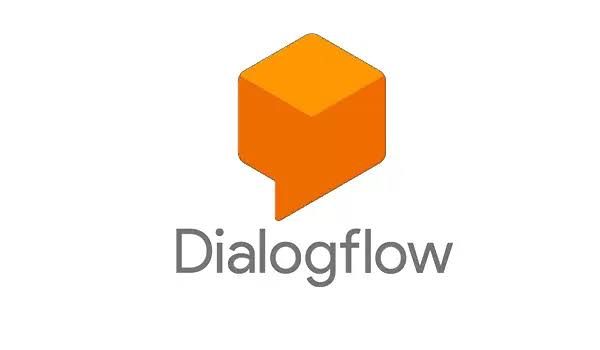
Dialogflow is Google Cloud’s AI chatbot development platform known for its powerful natural language understanding and seamless integration capabilities. It enables businesses to design conversational agents that work across web, mobile apps, voice assistants, and messaging platforms. With support for over 20 languages and a flexible, cloud-based infrastructure, Dialogflow is built to scale with growing customer service demands.
One of its key advantages is the use of machine learning to identify intent and context, allowing for dynamic responses that adapt based on user behavior. Dialogflow CX, the platform’s advanced version, is especially useful for enterprise applications requiring complex dialogue flows and multi-turn conversations. This makes it an excellent option for businesses handling high volumes of customer interactions with varying levels of complexity.
Dialogflow also integrates seamlessly with Google Assistant, Amazon Alexa, and telephony systems, enabling voice-driven customer support. Its integration with backend systems such as CRMs and databases ensures that responses are informed by real-time data. Businesses benefit from extensive analytics, version control, and strong security protocols. Dialogflow is especially ideal for tech-forward organizations that want a flexible, intelligent chatbot system capable of operating across multiple customer touchpoints.
1. Intercom
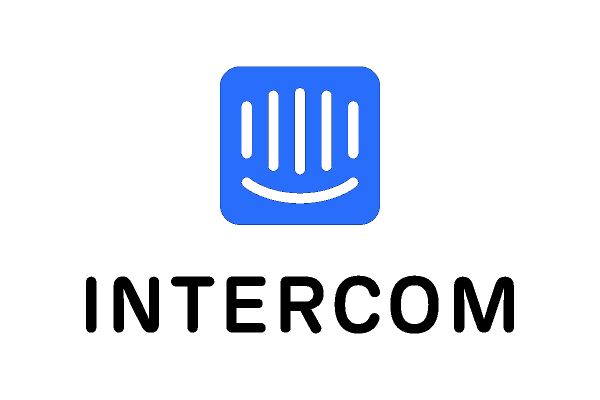
Intercom is widely recognized as one of the most comprehensive chatbot platforms for customer support. It blends live chat, automated bots, and messaging into a single, intelligent system that helps businesses deliver personalized support at scale. Unlike many platforms that rely solely on scripts or templates, Intercom’s bots are powered by machine learning, allowing them to understand intent, suggest help articles, and pass complex queries to human agents when necessary.
One of Intercom’s standout features is its ability to combine proactive support and customer engagement. Businesses can use automated messages to reach users before they even ask for help—based on behavior, location, or previous activity. This proactive approach improves retention and reduces customer churn. The platform integrates easily with tools like HubSpot, Salesforce, Slack, and dozens of others, creating a unified experience across sales, support, and marketing.
Intercom’s Resolution Bot uses AI to resolve common questions instantly, while its Inbox feature allows teams to collaborate efficiently. The platform also includes performance analytics, conversation histories, and customer journey tracking to fine-tune support efforts. With advanced customization, multilingual support, and a polished user interface, Intercom stands out as a top choice for businesses looking to create meaningful, efficient, and automated customer service experiences.

